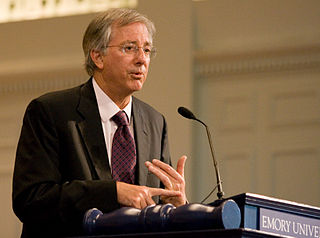A Quote by Alexander Lukashenko
Belarus is not the Middle East. The policies of Belarussian and Middle Eastern leaders are cardinally different from one another.
Quote Topics
Related Quotes
There is a real need to construct a different Middle East. The Middle East must change because the world has changed. And instead of oppositional armies that are fighting usually one against another, now we have a net of terrorists that are trying to destroy everything. They are not two; they are hundreds.
Peace in Syria is not only our priority; it's a Middle Eastern priority, and when the Middle East is stable, the rest of the world is stable, because the Middle East is the heart of the world geographically and geopolitically, and Syria is the heart of the Middle East geographically and geopolitically.
This administration, Barack Obama and Hillary Clinton through their foreign policy, have betrayed the American people, because the weakness they've displayed has led to Putin's incursions in the Middle East and in eastern Europe, and has led - has led to significant problems in the Middle East as well, and the death and murder of lots of folks.
It's a funny thing that's happening online. The Middle Easterners want 'Aladdin' to be a Middle Eastern story, and the Indians want 'Aladdin' to be an Indian story. The truth is, it's really a folk tale from the 1800s, and Agrabah is a fictional place that's a culmination of India and Asia and the Middle East.
I believe that the Iraqis have an opportunity now, without Saddam Hussein there, to build the first multiconfessional Arab democracy in the Middle East. And that will make for a different kind of Middle East. And these things take time. History has a long arc, not a short one. And there are going to be ups and downs, and it is going to take patience by the United States and by Iraq's neighbors to help the Iraqis to do that. But if they succeed, it'll transform the Middle East, and that's worth doing.
I think the public is very reluctant to get involved in more foreign wars, especially in the Middle East. And they understand, implicitly, that we go to war in the Middle East because of oil. And if we don't want to go to war in the Middle East, then we have to do something about the oil problem. And I think that view is gaining ground in the U.S.

































